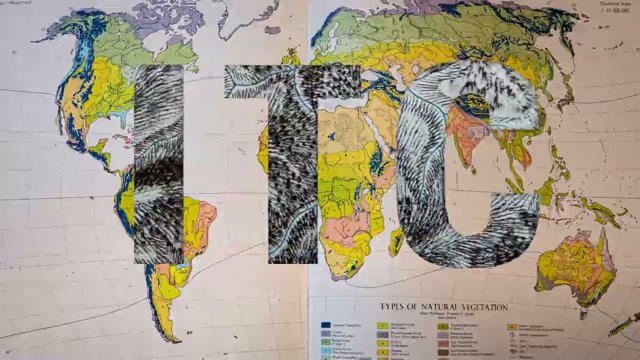INTERESTED IN A CAREER IN GIS / SPATIAL DATA SCIENCE AND BECOMING A GEOSPATIAL PROFESSIONAL?
Geo-information and spatial data science are diverse fields that can lead to many different career paths. At ITC you will learn the necessary skills to excel in the public or private sector. We will provide you with the advanced knowledge and critical skills needed to lead in the field.
Geospatial information and technologies and spatial data science are required for different specialisations across all sectors and industries today. This field offers an incredible variety of possible applications, from traditional map-making to developing data-driven solutions to real-world problems using a range of geospatial, data science and AI skills. You will learn a variety of methodologies, technologies and skills that will enable you to seamlessly fuse data and technology.
Experts who can effectively manage the information and opportunities provided by these new developments are in high demand – skilled professionals with a drive to use the latest technologies to make the world a better place.
What will you learn
During the Master’s Geo-information Science and Earth Observation, you will interact and learn from expert scientists in the field and have access to our state-of-the-art labs and centres. You will develop and enhance your technical competencies but also develop soft skills that include academic and professional competencies so that you can excel and be a leader in this field. Not only will you learn skills relevant for GIS and the Earth observation sciences but also the data sciences so that you can collect, transform and integrate data and use these for developing, innovative and sustainable solutions useful for tackling real-world problems and improving our understanding of the world we live in. In other words, you will gain the relevant skills that will enable you to translate technical knowledge into policies and actions and make information actionable and informative.
Apply for our master's in Geo-Information Science and Earth Observation
The Master’s in Geo-information Science and Earth Observation starts in September.
Courses
We offer a variety of courses that contribute to the well-being of the planet with an emphasis on achieving many sustainable development goals while at the same time developing the necessary geospatial skills needed across different industries.
You can Specialise
Our Master's programme will provide you with the necessary set of foundation courses from which you can build your personal programme, including one of seven specialisations.
Double-degree master's
Single and double-degree master's have an integrated curriculum and are coordinated and offered jointly by prestigious higher education institutes worldwide. Upon completion, you will have gained either a single or double Master's degree
Career perspectives
All over the world, in any industry, there is a growing need for experts in geographic information systems (GIS), spatial data science, and remote sensing. As a GIS specialist with in-depth knowledge and skills related to geospatial technologies, you will be a key player in developing and advancing data-driven sustainable solutions to some of the most pressing global issues, such as climate change and energy transition. You could work for a wide range of international non-governmental or corporate organisations, governments, consultancy agencies, research institutes, public service corporations, telecommunications companies, water authorities, and national mapping agencies, to name but a few. This is why 60% of graduates find a job within six months after graduation (90% within one year).
Job opportunities for Geo-Information Specialists
Experts in geo-information systems who can acquire, analyse, and visualise geo-information to develop innovative solutions are in high demand both in the private and public sectors. You can work as a policy advisor, geo-information consultant, GIS analyst, geospatial data scientist, environmental management consultant, remote sensing specialist, data engineer, and more. You can also opt for a career in academia and do a PhD at any university worldwide. Or you can start your own company!
Quick links
- Content and structure of this Master’s
- What are the tuition fees?
- Start your application
- How do we do in rankings?
- Admission requirements
Request the master's brochure
Facilities and laboratories
The Faculty of Geo-Information Science and Earth Observation (ITC) is internationally recognised for its research and capacity development in the field of geo-information science and Earth observation. As a student here, you will have access to first-class lab facilities and resources such as the GeoScience Laboratory, the Design and Interactive Space for Co-Creating, the ITC Satellite and Sensor Database, the Visualisation and Usability Lab, and the Unmanned Aerial Vehicle Centre. Also, you can work with leading scientists and other experts from the geo-information science and Earth observation domain. It is a great environment where you will expand your network and gain invaluable hands-on experience for your future career!
More about us
- Learn about the concepts, content and structure of our Master's in this 10 min video
- Watch our GeoHero's on YouTube!



